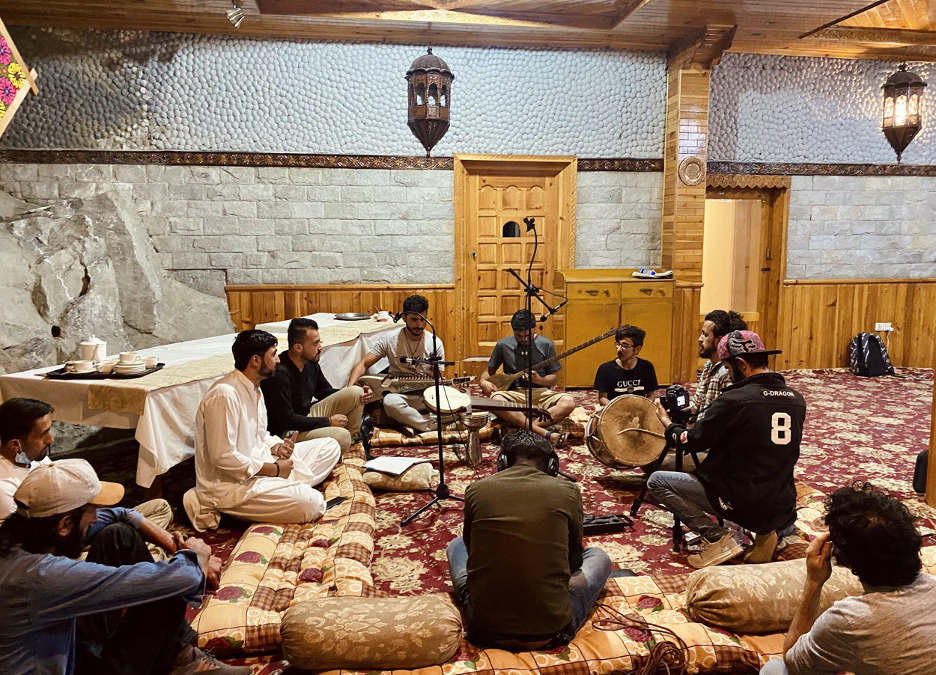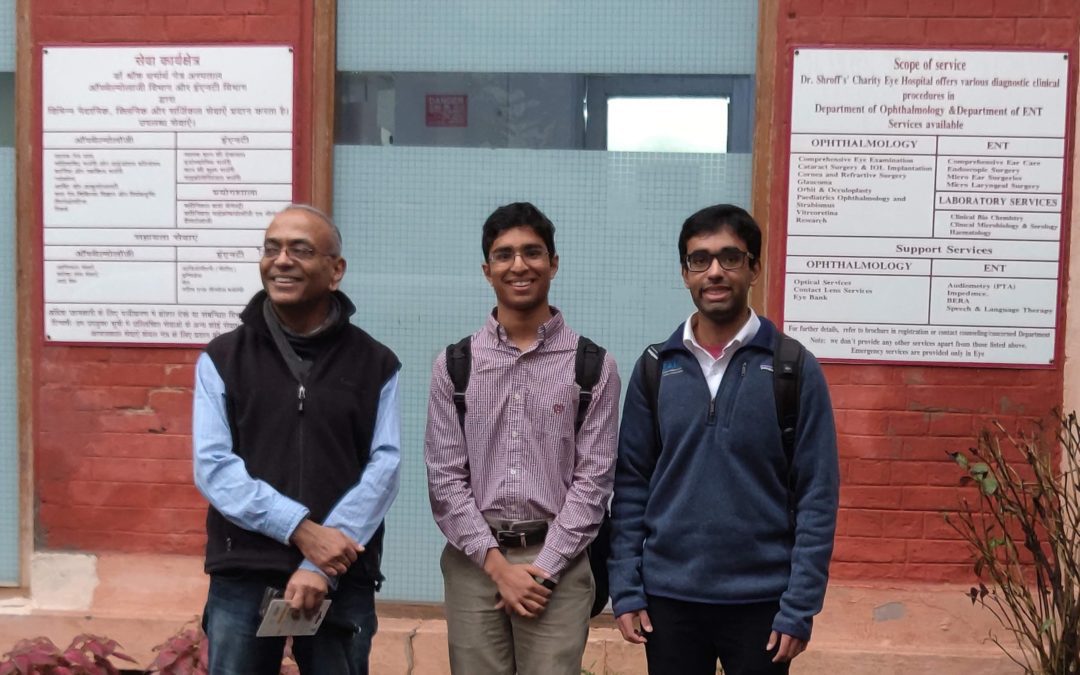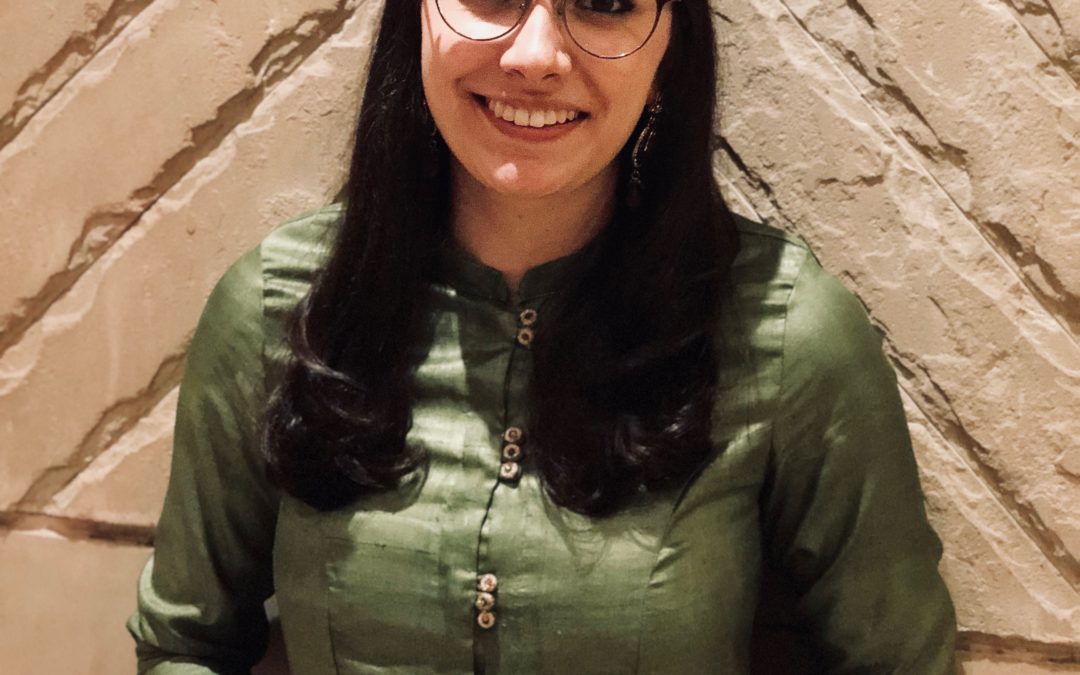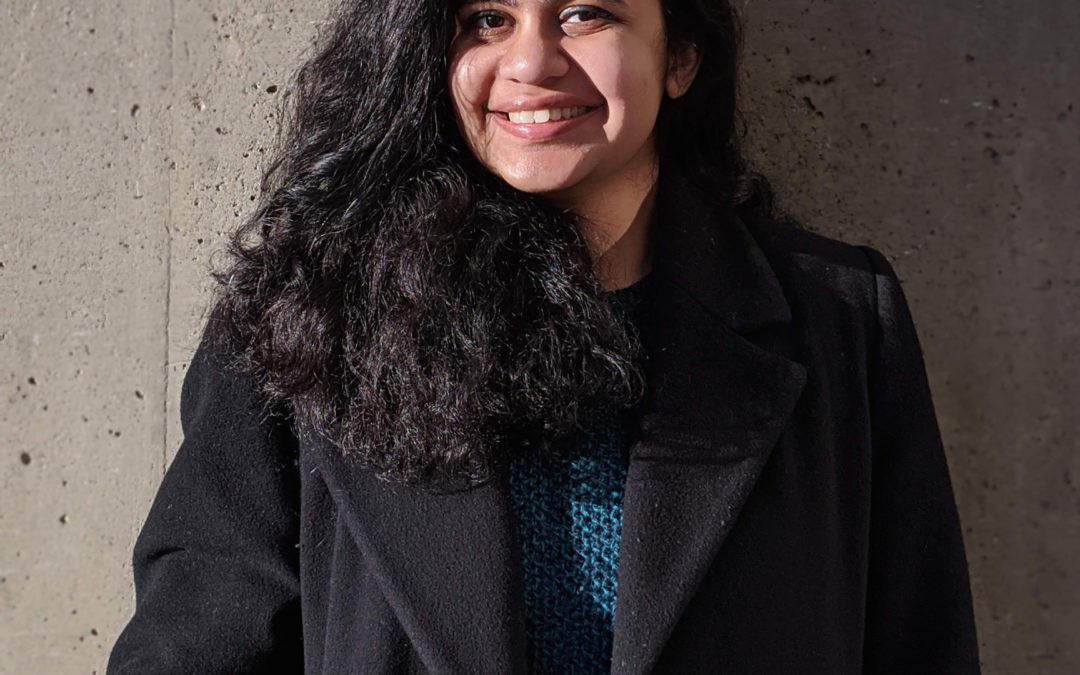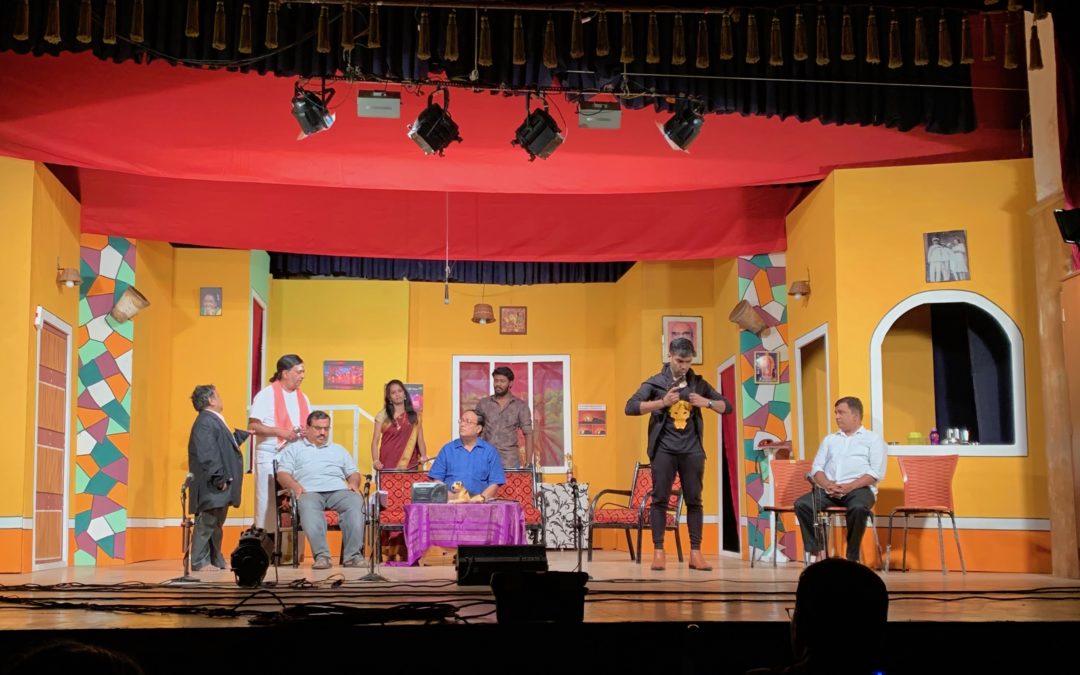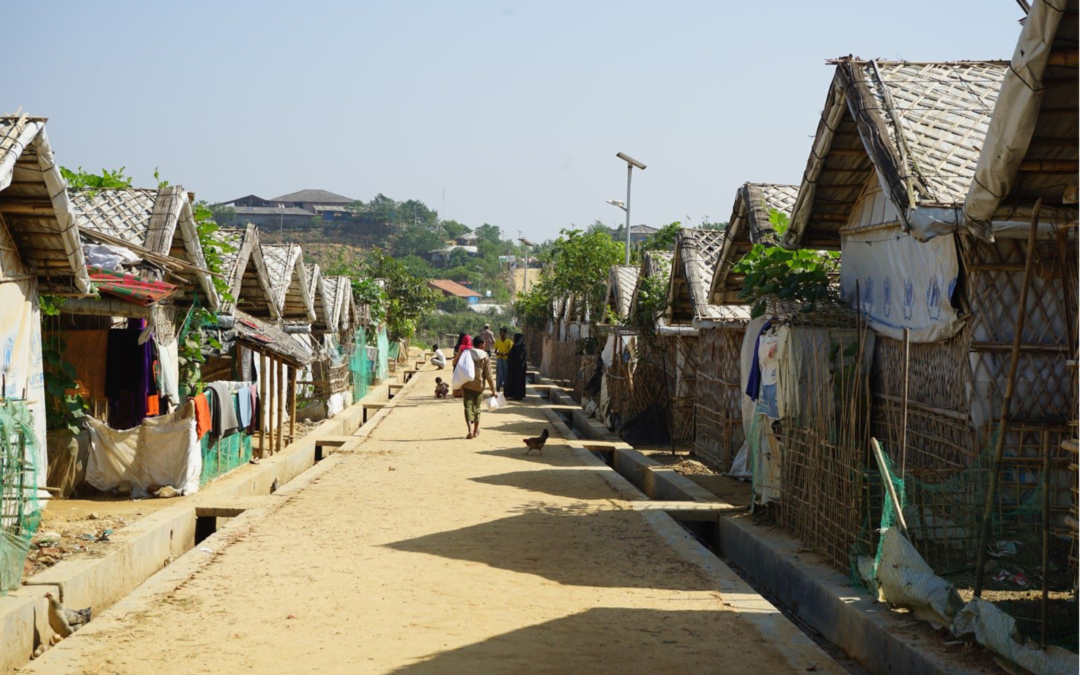The Colonial Gaze Embalmed: An Investigation of Paintings, Archives, and Cultural Institutions
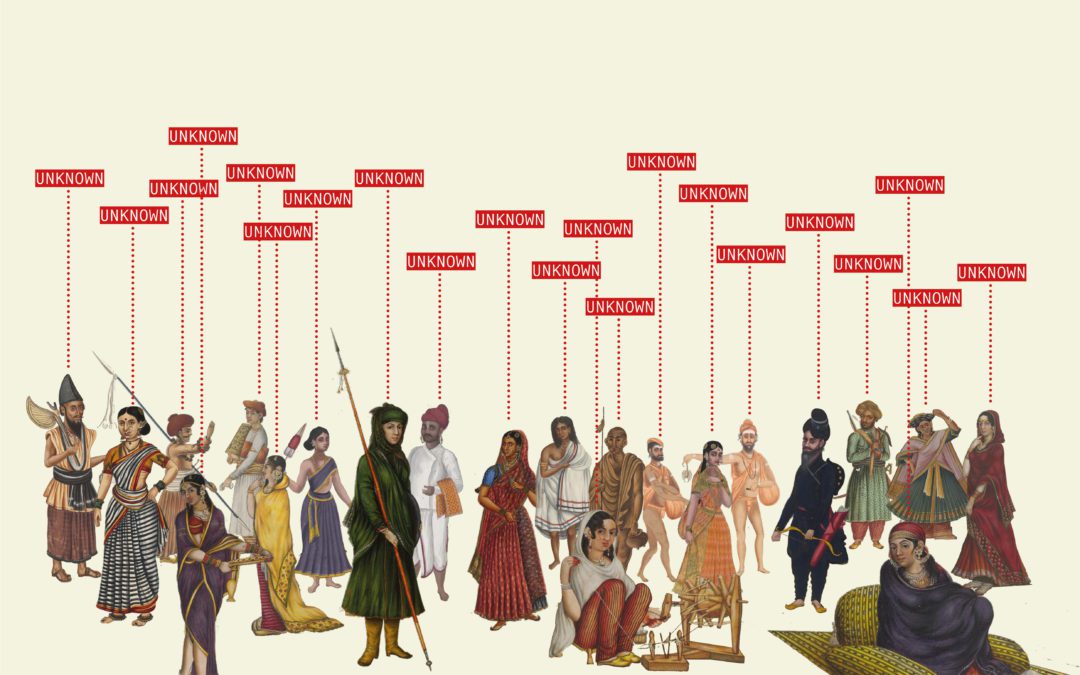
By Divya Saraf. This past summer, with COVID-19 restrictions in place, I utilized the research grant awarded to me by the Lakshmi Mittal and Family South Asia Institute to investigate the postcolonial effects of the so-called “Company Painting” style, which was developed in the Indian subcontinent over the 18th and 19th centuries under the “patronage” of the British East India Company. The paintings were a result of British attempts to survey, record, and display Indian culture for British citizens, and the paintings have been instrumental in shaping public perceptions of India abroad.

